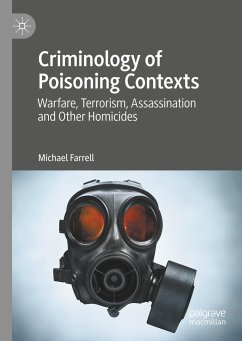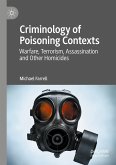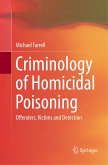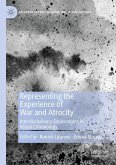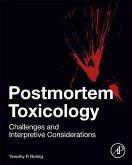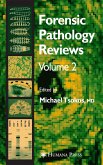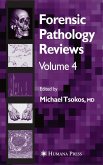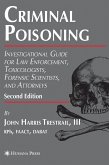This accessible book examines poisoning in various contexts of international conflict. It explores the modern-day use of poison in warfare, terrorism, assassination, mass suicide, serial poisoning within healthcare, and as capital punishment. It examines a broad range of international cases from the Americas, Europe, Japan, India and more in relation to Situational Crime Prevention and its theoretical precursors, in order to explore potential prevention strategies and the ways in which perpetrators circumvent them. Case studies include analysis of attempts on the lives of Sergei and Yulia Skripal, the Tokyo subway attacks, the crimes of Dr. Harold Shipman and the Heaven's Gate and Jonestown cults. For each, the means, motive, opportunity, location, and perpetrator-victim relationship is examined. This accessible book speaks to students of criminology and those interested in penology, careers in criminal justice, homicide detectives, anti-terrorism personnel, forensic pathologistsand toxicologists.
Bitte wählen Sie Ihr Anliegen aus.
Rechnungen
Retourenschein anfordern
Bestellstatus
Storno

